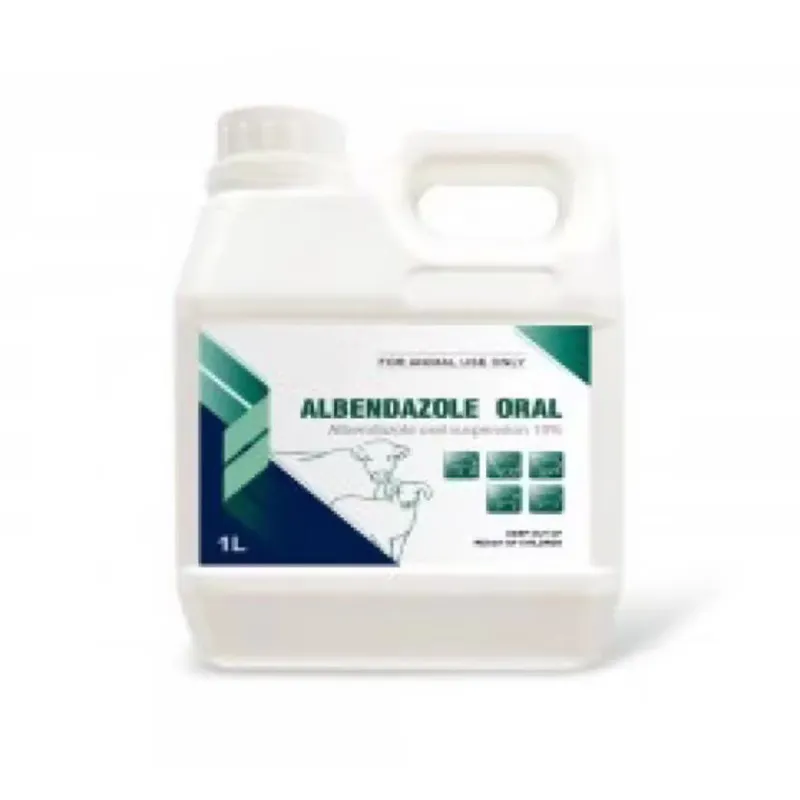- Afrikaans
- Albanian
- Amharic
- Arabic
- Armenian
- Azerbaijani
- Basque
- Belarusian
- Bengali
- Bosnian
- Bulgarian
- Catalan
- Cebuano
- Corsican
- Croatian
- Czech
- Danish
- Dutch
- English
- Esperanto
- Estonian
- Finnish
- French
- Frisian
- Galician
- Georgian
- German
- Greek
- Gujarati
- Haitian Creole
- hausa
- hawaiian
- Hebrew
- Hindi
- Miao
- Hungarian
- Icelandic
- igbo
- Indonesian
- irish
- Italian
- Japanese
- Javanese
- Kannada
- kazakh
- Khmer
- Rwandese
- Korean
- Kurdish
- Kyrgyz
- Lao
- Latin
- Latvian
- Lithuanian
- Luxembourgish
- Macedonian
- Malgashi
- Malay
- Malayalam
- Maltese
- Maori
- Marathi
- Mongolian
- Myanmar
- Nepali
- Norwegian
- Norwegian
- Occitan
- Pashto
- Persian
- Polish
- Portuguese
- Punjabi
- Romanian
- Russian
- Samoan
- Scottish Gaelic
- Serbian
- Sesotho
- Shona
- Sindhi
- Sinhala
- Slovak
- Slovenian
- Somali
- Spanish
- Sundanese
- Swahili
- Swedish
- Tagalog
- Tajik
- Tamil
- Tatar
- Telugu
- Thai
- Turkish
- Turkmen
- Ukrainian
- Urdu
- Uighur
- Uzbek
- Vietnamese
- Welsh
- Bantu
- Yiddish
- Yoruba
- Zulu
8 月 . 07, 2024 03:40 Back to list
Effective Treatments for Tapeworm Infections in Humans and How to Manage Symptoms Appropriately
Understanding Tapeworm Infection and Medication for Humans
Tapeworm infections, medically known as cestodiasis, are caused by parasitic flatworms belonging to the class Cestoda. These parasites can live in the intestines of humans and other animals, absorbing nutrients from the host's digestive system. In this article, we will explore the causes, symptoms, and medications available for treating tapeworm infections in humans.
Causes of Tapeworm Infections
Tapeworms are typically contracted by consuming undercooked or contaminated food, particularly pork, beef, or fish that harbor the larvae of these parasites. In some cases, humans can also become infected through poor hygiene practices, such as inadequate handwashing after handling contaminated soil or feces. This is especially common in areas with inadequate sanitation facilities.
Common species of tapeworm that infect humans include the Taenia saginata (beef tapeworm), Taenia solium (pork tapeworm), and Dipylidium caninum (commonly found in pets). Once ingested, the larvae attach themselves to the intestinal wall and can grow into long chains of segments called proglottids. These proglottids can shed eggs, which are then expelled from the host’s body through feces, perpetuating the cycle of infection.
Symptoms of Tapeworm Infections
Many individuals infected with tapeworms may experience mild to no symptoms at all. However, when symptoms do occur, they can include
- Abdominal discomfort Cramping or pain in the stomach may occur. - Nausea or vomiting Some individuals may feel queasy after eating. - Weight loss The tapeworm absorbs nutrients, leading to unintentional weight loss. - Diarrhea Some may experience irregular bowel movements or diarrhea. - Fatigue General feelings of tiredness or weakness due to nutrient deficiencies.
More severe cases can lead to complications if the tapeworm migrates outside the intestines or if the cysts formed by certain species, like T
. solium, develop in other tissues, leading to serious health issues.Diagnosis and Treatment
tapeworm medication humans

Diagnosis of a tapeworm infection is typically confirmed through stool tests that identify the eggs or proglottids in the feces. Once diagnosed, effective treatment options are available, predominantly involving anthelmintic medications.
The most commonly used medications for treating tapeworm infections in humans are
1. Praziquantel This is the most widely used medication for tapeworm infections. It works by causing severe spasms in the parasite's muscles, leading to its dislodgment from the intestinal wall and subsequent excretion from the body.
2. Niclosamide This medication is effective against intestinal tapeworms. It functions by inhibiting the metabolism of the parasite, leading to its death.
3. Albendazole While this is more commonly used for treating other types of parasitic infections, it can also be effective against tapeworm larvae and is particularly useful when cysticercosis is suspected.
Prevention
Preventive measures are crucial in avoiding tapeworm infections. Individuals are advised to
- Cook meat thoroughly to the recommended temperatures. - Practice good hygiene, including washing hands before eating and after handling pets or soil. - Avoid drinking untreated water or consuming food from questionable sources.
In conclusion, while tapeworm infections may seem daunting, they can often be effectively managed with proper medication and preventive measures. Awareness and education about these parasitic infections play a pivotal role in decreasing their incidence and promoting better gastrointestinal health. If you suspect a tapeworm infection, it’s important to seek medical advice promptly to ensure effective treatment and to prevent complications.
-
The Power of Radix Isatidis Extract for Your Health and Wellness
NewsOct.29,2024
-
Neomycin Sulfate Soluble Powder: A Versatile Solution for Pet Health
NewsOct.29,2024
-
Lincomycin Hydrochloride Soluble Powder – The Essential Solution
NewsOct.29,2024
-
Garamycin Gentamicin Sulfate for Effective Infection Control
NewsOct.29,2024
-
Doxycycline Hyclate Soluble Powder: Your Antibiotic Needs
NewsOct.29,2024
-
Tilmicosin Premix: The Ultimate Solution for Poultry Health
NewsOct.29,2024













